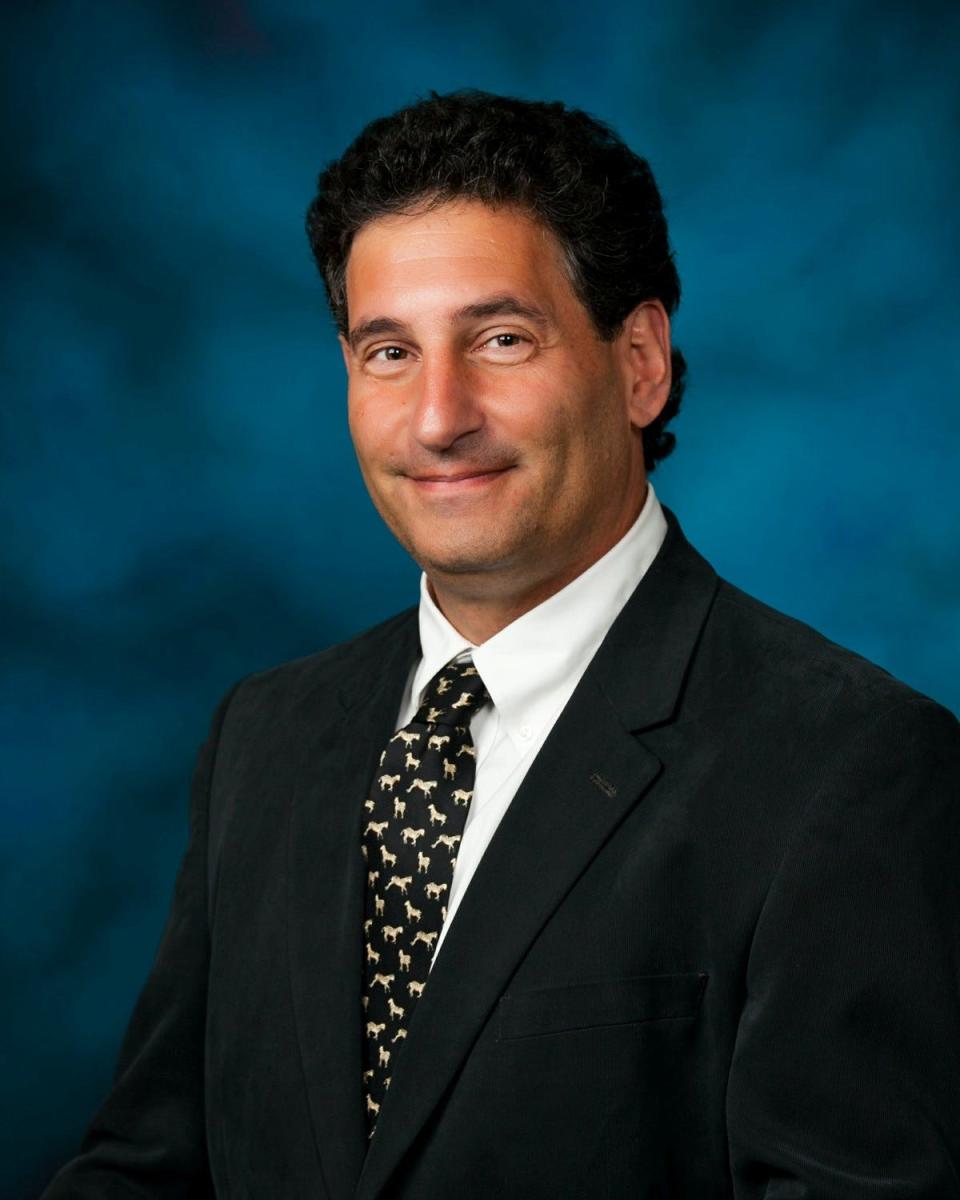Having trouble swallowing? Dysphagia's causes, the problems it causes, and treatments
A patient recently told me they’ve been having some problems swallowing lately. What can cause this?
Swallowing is a pretty complex body function. It starts in the oral phase, when food is moistened with saliva and broken down into smaller pieces by chewing, creating a food bolus. Of course, this is not required for fluids.
During the pharyngeal phase, the tongue helps push the food bolus/liquid from the mouth into the pharynx, requiring a coordinated response by the epiglottis (a flap of cartilage by the root of the tongue, controlled by the vagus cranial nerve, the longest nerve in the body) to block off the pathway to the trachea (the wind pipe) so that the food goes down the esophagus and is not aspirated (when food or any non-gas/air goes into the trachea).

In the esophageal phase, the food bolus/liquid passes through the upper esophageal sphincter to then be moved down the esophagus by peristalsis (a carefully coordinated movement of the esophageal muscles controlled by the vagus nerve) through the lower esophageal sphincter (LES) to pass into the stomach.
Nerves send signals to the gastrointestinal tract, so that the food/liquid can be digested/absorbed.
What causes pain or difficulty swallowing?
Difficulty or pain with swallowing is called dysphagia. This is a common condition. It affects up to 15% or more of the population at some point in their lives, with average age of symptom onset being between 40 and 50 years old, although it can occur in people of all ages (and it is not a normal consequence of aging).
Problems with any of the phases noted above can cause dysphagia. Nerve issues, such as from a stroke or from certain diseases (Parkinson’s, multiple sclerosis, others) can affect swallowing by compromising the function/coordinated timing of muscles/other structures.
Your health, explained: The cause of hyponatremia, and how it should be treated
What are other issues with dysphagia?
Conditions that compromise any of the swallowing muscles (such as myasthenia gravis, muscular dystrophy or Sjogren’s disease).
Things that compromise the lumen of the esophagus, such as chronic gastro-esophageal reflux disease (GERD, where stomach acid inappropriately flows back into the esophagus), infections/other conditions that may cause inflammation, strictures (abnormal narrowing of the esophagus from any cause including GERD, eosinophilic esophagitis, others) and compression of the esophagus from an external source (such as tumors).
Things that compromise passage from the esophagus through the LES to the stomach, such as blockage by a too large/inadequately chewed piece of food or some other foreign body or achalasia (a condition where the muscles of LES fail to relax).
What else can be concerning about having trouble swallowing?
Specific symptoms a patient has can help point to a possible cause. Some questions to ponder include:
Is the issue difficulty swallowing or pain with swallowing?
Does it occur with liquids, solids or both?
Does it happen frequently/always or only once in a while?
Is it progressing/getting worse?
Is coughing/choking an associated symptom?
Does the food "come back up" (regurgitation)?
Has there been associated unintentional weight loss?
After a complete history and physical examination, tests that may be needed include a barium swallow/esophagogram (where a contrast agent, barium, is swallowed and then a series of X-rays are taken to view the patient’s swallowing); an endoscopy (where a flexible tube with a camera on the end is passed into the esophagus so it can be directly visualized); or other tests, such as a biopsy of the esophageal tissue or an esophageal manometry to measure the strength of the esophageal muscles.
What are treatments of dysphagia?
The treatment of dysphagia is aimed at addressing the underlying causal condition, as well as alleviating symptoms. This may include exercises to improve swallowing muscle strength and coordination, dietary changes, medications or surgery.
In acute severe cases, such as an inability to swallow at all, emergency care is indicated. About 25 of every 100,000 people per year visit an emergency department after swallowing a large piece of food or some other foreign body that then blocks the esophagus. For more chronic but less severe dysphagia, patients should see their primary care clinician for an initial evaluation and consider a referral to a specialist, especially because dysphagia can be an indication of many possible underlying conditions.
Jeff Hersh, Ph.D., M.D., can be reached at DrHersh@juno.com.
This article originally appeared on MetroWest Daily News: What to know when it's difficult to swallow food or liquids

